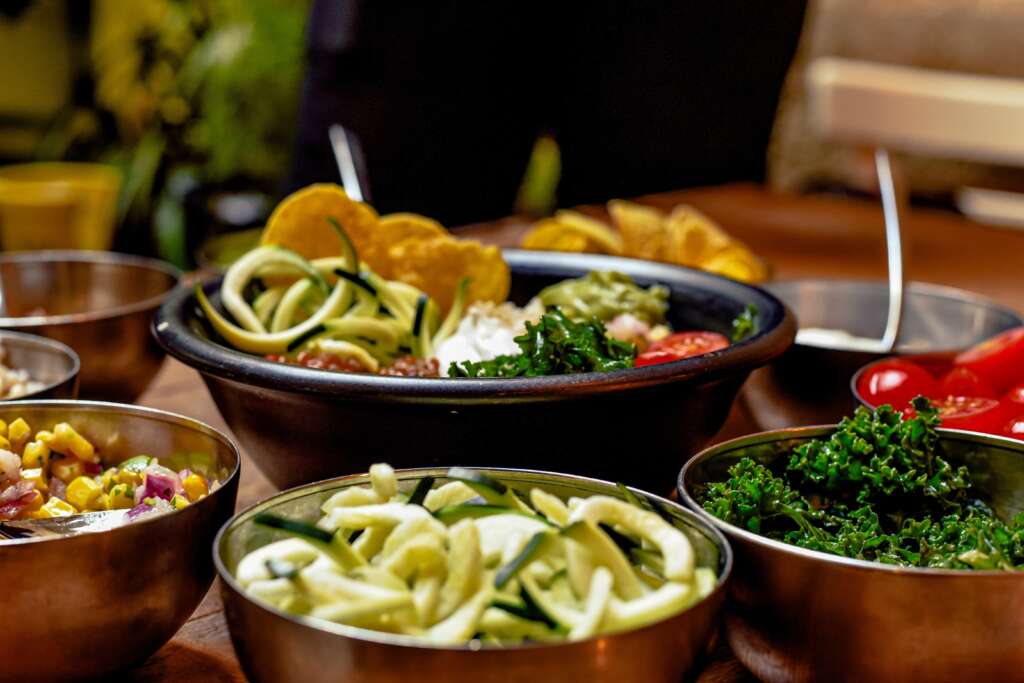
Ayahuasca Diet Guidelines
Embarking on an Ayahuasca journey is a transformative experience that necessitates following essential guidelines before, during, and after your ceremony.
Although various factors can influence your experience, you can still exert some control to aid your healing process and guarantee your safety.
Some guidelines are optional, while others, particularly dietary ones, are necessary and critical to comply with. Disregarding them can result in adverse effects on your health.
These guidelines are based on generations of wisdom passed down by Ayahuasca Shamans and years of experience within the Ayahuasca community.
Like many spiritual practices, changes in lifestyle are necessary to attain a state that encourages openness, growth, integration, and deeper awareness and comprehension.
The ceremony intends to have a profound and far-reaching impact on your being, but your participation, desire, and intent are essential.
By preparing your mind and body for the experience and adhering to the guidelines, you create a path for plant medicine to work with you and achieve its purpose. Therefore, it is crucial to respect and follow these guidelines.
Diet Guidelines
To ensure your safety and well-being during your Ayahuasca journey, it is crucial to follow specific dietary guidelines before, during, and after the ceremony.
The impact of plant medicine can be more profound and lasting with a stricter diet.
Thus, before the ceremony, it is recommended to stick to a healthy, mostly plant-based diet and limit the intake of animal products and heavy, fried foods.
Before
| During
| After
|
Mental, emotional and spiritual preparation
The energy we consume isn’t just from food, but also from our thoughts, emotions, and experiences. They all have a certain vibe. Our surroundings also leave a mark on our spirit, mind, and body.
So, before taking Ayahuasca, do things that create positivity and relaxation. Avoid conflict and spend time in nature. Try meditation, yoga, or other techniques that expand the mind.
Stay away from places that drain your energy. Focus on your heart, set clear intentions, and consider what you want to learn about yourself, your relationships, or your life path. Identify anything in your life that needs changing or resolution.
By setting clear intentions and motivations, the plant medicine can help you understand and integrate your truth, empowering you and providing spiritual freedom.
MAOI Interaction Food List
Foods that interact with the MAOI inhibitor harmaline that is contained in the Ayahuasca vine should be avoided at least 24 hours before your ceremony and not consumed during your retreat. These foods are listed below:


